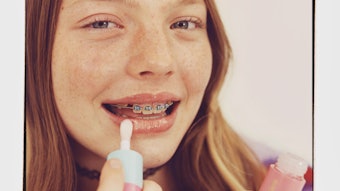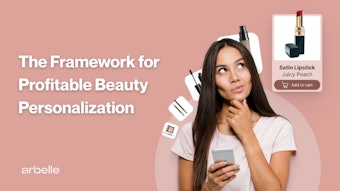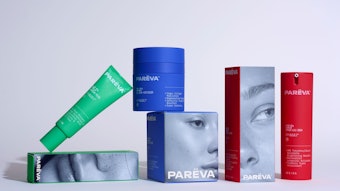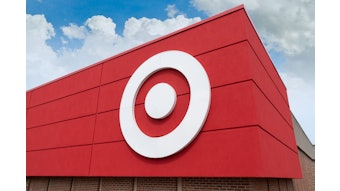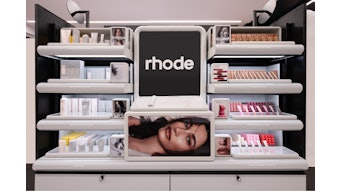In a number of product areas, specialist retailers are losing share to mass merchandisers and Internet retailers, according to Euromonitor International. Retailers focusing on apparel, alcoholic drinks and electronics and appliances have lost their once-dominant positions in their industries, ceding ground to newer retailers or technologies.
Beauty Bucks the Trend
However, bucking this trend have been beauty specialist retailers such as Sephora and The Body Shop, among others, which have found a niche and strategies that have enabled them to compete, drive footfall at their stores and continue to prosper, despite the aggressive marketplace in which they operate.
On a global basis, between 2006 and 2011, beauty specialist retailers generated an additional $16.7 billion in sales and accounted for almost one-fifth of new beauty and personal care sales. This positive performance was broadly similar in all regions of the world, but the channel saw its greatest success in Eastern Europe, where it accounted for almost a third of all additional sales generated between 2006 and 2011, and the Middle East and Africa where it accounted for a 22% share of additional sales.
This sales growth has been achieved in spite of the expanding retail footprint of hypermarkets and supermarkets and the increasing influence of showrooming, which is seeing greater numbers of consumers finding products in one retailer’s store, researching prices over the Internet or via a mobile phone, and then buying the items elsewhere at a cheaper price.
Specific Strategies
So, what strategies are beauty specialist retailers employing in 2012 to be successful? Beauty specialists have been responding to changing consumer shopping patterns and the global recession—which have together boosted the fortunes of mass merchandisers and Internet retailers—by investing in their stores and adding to their product mix, especially in relation to private label ranges and the variety of services offered, while also looking to improve their online presence. Together, these various strands have enabled specialists to promote a stronger story to encourage new consumers to shop there, while fostering deeper levels of loyalty from committed shoppers.
Two companies that have in recent years enjoyed an upturn in sales from rejuvenating their in-store environments have been Yves Rocher and The Body Shop. The former announced in late 2010 that it had seen an uplift in sales of around 17% at stores in Spain that had been revamped to its new ‘workshop concept,’—a performance that has been replicated in other markets such as Morocco, where sales rose by 7% in 2011.
The Body Shop, meanwhile, has boasted about the positive effects that the Pulse ‘experience-based’ store is having on its sales performance. The company acknowledges the products it sells are comparative with those of other retailers and, therefore, its stores must project a different message from those of its competitors. According to the company’s executive chairwoman Sophie Gasperment, the format has meant that “the average amount of time a consumer spends in our… stores has doubled, from an average of five minutes to more than 10. This shows a depth of interaction and communication we have witnessed.” In a world that is increasingly connected via the Internet and social media, generating a conversation and interacting with consumers will grow in importance, so The Body Shop’s evolution of its store format can only be applauded.
Moving Online
However, it is not just in store that beauty specialist retailers are improving the way they relate to consumers—it is also online. Hong Kong-based Sa Sa International has expanded the number of countries to which it will deliver its products, while French-based L’Occitane has said that it will look to develop its online presence, which in 2012 accounts for just a small percentage of turnover. Such steps have been mirrored by other retailers, enabling consumers to shop for specialists’ private label products as easily as they can buy branded equivalents.
In the short term, specialists will have to support their online presence through social media channels like Facebook, Pinterest and Twitter, among others. These avenues will enable beauty specialist retailers to highlight their differences to consumers and explain the stories around them that can encourage shoppers to maintain loyalty to a specific brand and inspire them to spend more on a similar product to that found in a mass merchandiser or online.
A Look Ahead
Moving forward, the competitive pressures on beauty specialist retailers are only likely to grow. To maintain the strong positions they have built up, companies will have to continue to innovate, both in store and, increasingly, online. However, as of 2012, they appear to be in a much stronger position than other specialists in the retailing world, and so at least many have a foundation on which to build, a position other specialists would love to be in.
